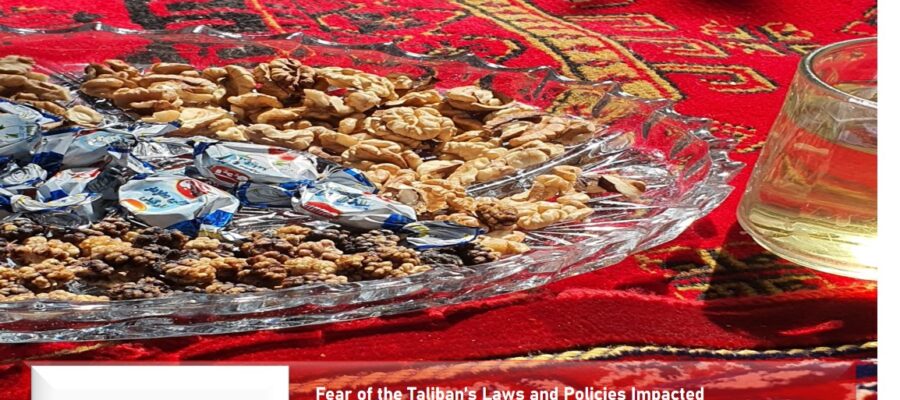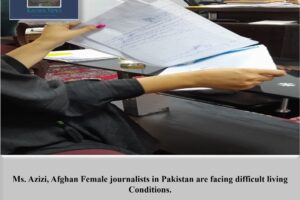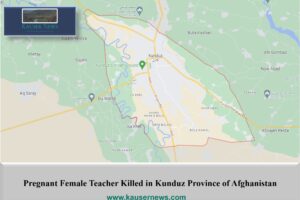According to Mr. Naqibullah Badakhshi, a Kabul resident, the Kabul Municipality is actively monitoring grocery prices and taking action to address residents’ complaints. The dedication of Kabul Municipality employees, as described by Mr. Badakhshi and corroborated by Kabul YouTubers, social media activists, and the Kabul Municipality’s Public Affairs Office, to working long hours and responding to residents’ concerns, demonstrates a commitment to improving the situation. By all accounts, the actions they are taking to address complaints and regulate pricing is intended to control inflation and prevent price gouging with the goal of making essential goods more accessible and more affordable for the people of Kabul.
Similarly, these same sources report that the municipality is putting effort into enforcing health and hygiene guidelines in markets, restaurants, salons, and hotels. These guidelines are crucial to creating a healthier environment for customers by ensuring public safety and preventing the spread of diseases. Some interpret these actions and goals as the Taliban government has taken an interest in protecting consumers and promoting fair business practices.
Mr. Saeed Farhman offers a well-informed perspective as an active staff member of the Kabul Municipality with 20 years of work experience. He says that the current level of activity and performance in the municipality is exceptional compared to what he has witnessed over the past two decades.
He explains that the Ministry of Industry & Commerce in Afghanistan and Kabul Municipality are now collaborating to control prices and ensure food quality in the Kabul markets. He confirms that their shared goals are to regulate the market and protect consumers from unfair practices and substandard products. Mr. Farhman listed the ways he says they are working together toward achieving these goals when he stated the following:
1. Price Control: They monitor and regulate the prices of essential goods and commodities in the Kabul market. They strive to prevent price gouging, hoarding, and any unfair pricing practices that could exploit consumers.
2. Market Inspections: They conduct regular inspections of food establishments, including markets, shops, and restaurants, to ensure compliance with hygiene standards, safety regulations, and proper labeling. This helps maintain food quality and safeguards public health.
3. Consumer Protection: The Ministry of Industry & Commerce and Kabul Municipality work together to protect consumer rights and interests. They establish and enforce consumer protection laws and regulations, enabling consumers to make informed choices and seek recourse in case of fraud, deceptive practices, or substandard products.
4. Licensing and Registration: They oversee the licensing and registration of businesses involved in the production, distribution, and sale of food products in the Kabul market. This process ensures that businesses meet specific criteria, adhere to quality standards, and operate legally.
5. Collaboration with Stakeholders: They collaborate with various stakeholders, including local producers, suppliers, and trade associations, to enhance market transparency, promote fair competition, and address any issues related to pricing and food quality.
6. Public Awareness and Education: Both entities actively engage in public awareness campaigns to educate consumers about their rights, food safety practices, and how to identify quality products. These initiatives empower consumers to make informed decisions and contribute to the overall improvement of the market.
Mr. Farhman concedes that while the Ministry of Industry & Commerce and Kabul Municipality work to control prices and ensure food quality, challenges may still exist due to factors such as supply chain issues, market dynamics, and external influences.
Although the anecdotal evidence presented above indicates a limited measure of success in the category of consumer protection, given that the Taliban has spent the last 20 years fighting and hiding in the mountains, how are they possibly qualified and capable of fully running a government and creating functional and effective systems, laws and policies that operate at the same standard as other established countries?
The question regarding the education and training of Taliban members and leaders is complex, and there are various perspectives and interpretations on this matter.





